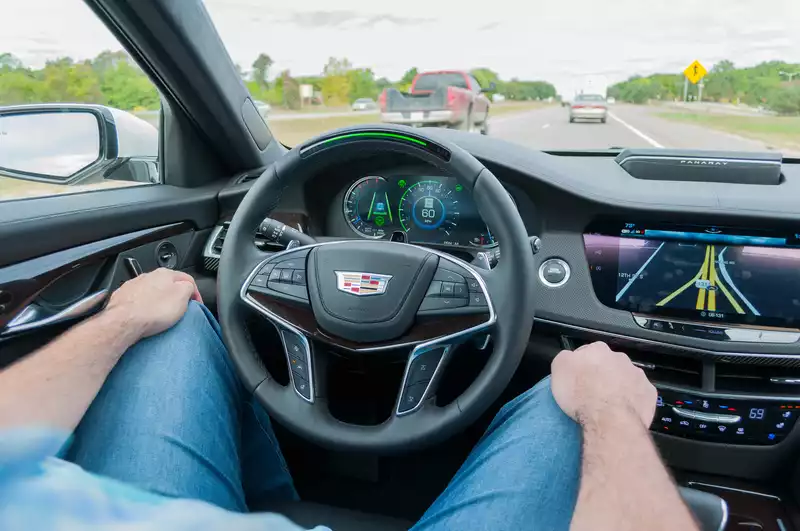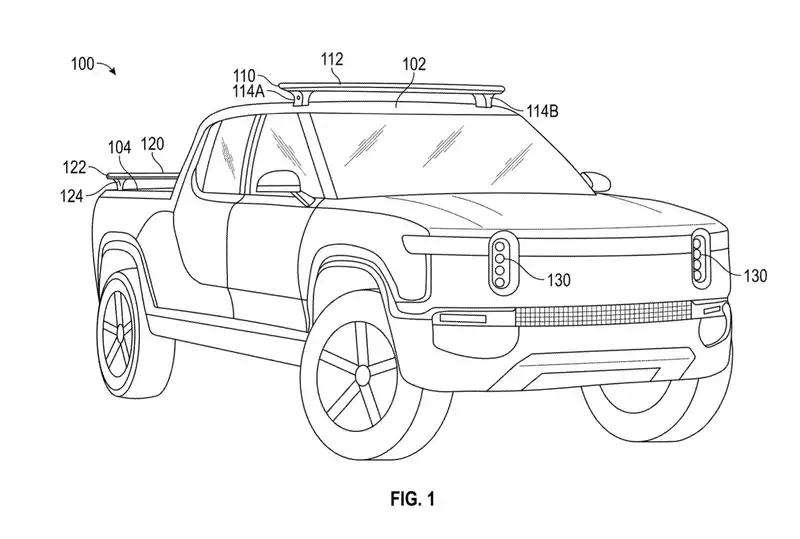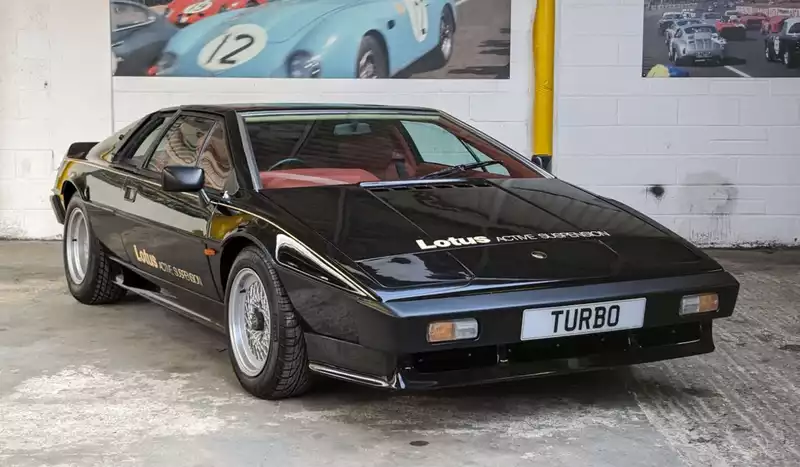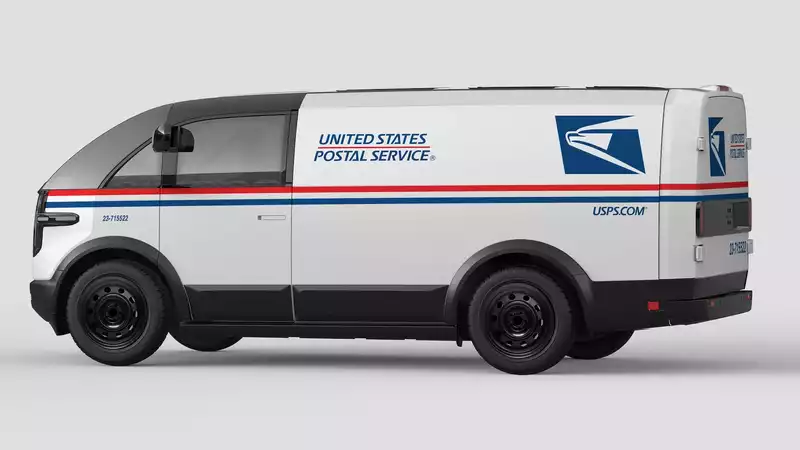Tesla prices fall up to 20% due to increased competition
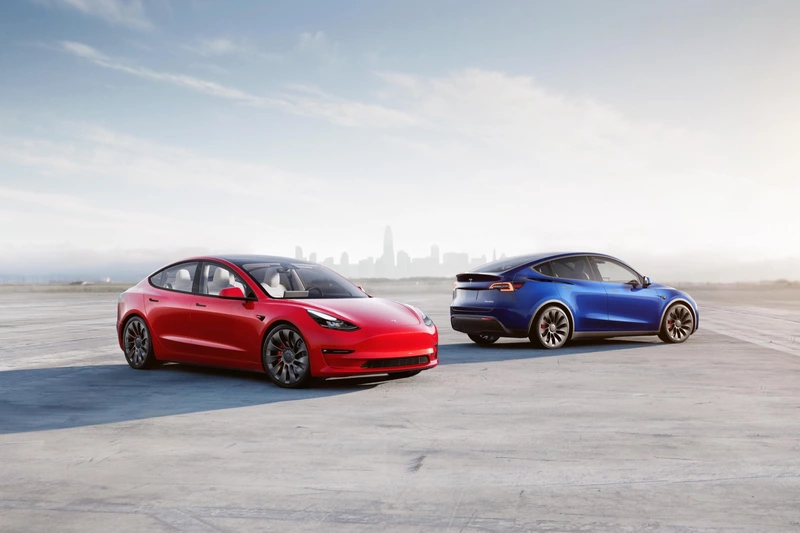
According to Tesla's online configurator, Tesla has reduced prices across its lineup.
The Model Y saw the largest price cut, with the base long range starting at $52,990, 20% lower than before; the Model Y Performance saw a 19% price cut, starting at $56,990; and the Model 3 Performance saw a 9% price cut, starting at $43,990. The Model 3 base model was reduced 6% to $43,990 and the Model 3 Performance was reduced 9% to start at $53,990.
In December, Tesla also offered a credit of $3,750 and later $7,500 for Model 3 and Model Y vehicles delivered by the end of the month. However, these policies are not bargains, but merely reversals of several recent Tesla price increases, including one in June 2022 that set the base price of the Model Y at $67,000.
Tesla's larger models also saw price cuts. The base model Model S starts at $94,990, 10% lower than before, and the Plaid Performance variant of the Model S dropped 15% to $114,990. The starting price for the Model X was $109,990 for the base version (9% lower) and $119,990 for the Model X Plaid (14% lower). Tesla also recently added a steering wheel option to the Model S and Model X to replace the unusual steering yoke introduced during the recent refresh.
Tesla has not offered an official explanation for the price cuts, but in addition to reversing price increases that the market may no longer support, they come against a backdrop of increased competition from other automakers. Legacy companies are now building large numbers of luxury EVs that compete directly with Tesla, and startups like Lucid and Rivian are beginning to increase production. Still, Tesla's record high in 2022, with an estimated 491,000 units sold in the U.S. (according to the Automotive News Data Center), puts it on track to become the best-selling luxury car brand in the U.S.
A growing number of non-Tesla EV drivers may soon be able to charge using Tesla's Supercharger network. The White House announced in July 2022 that Tesla will open its Supercharger network to non-Tesla EVs. Tesla has previously proposed opening the U.S. Supercharger network to other EVs if it receives federal funding, which may be part of the deal.
